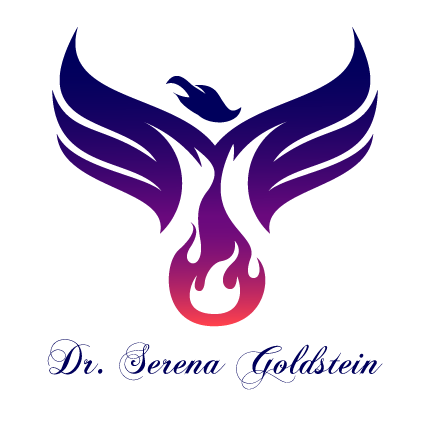If and/or when any hormonal treatments are appropriate
Hormone replacement therapy (HRT) was developed in the 1960's to 'liberate women' from the woes of menopause- think hot flashes, insomnia, sweats, etc. Socially, much of the credo was that women can stay youthful forever, a desire by many, both men and women alike (think stigma of getting older). A few decades before, testosterone replacement therapy (TRT) was developed to help relieve men of depression, impaired memory, fatigue, and low libido. And back to 1960, was the development of female birth control, the oral contraceptive pill- used both to prevent pregnancy, and for relief of painful periods, acne, and mood swings.
Sounds good, right? Not so much...because these therapies are palliation- meaning 'quick fix', 'bandaid', or whatever term you like. They do not address the reasons WHY someone has symptoms like the ones listed above. Symptoms are also the body's way of telling us something is not quite right. Fortunately, many symptoms and health concerns can be much improved with a healthful diet and lifestyle, and addressing those can also help prevent conditions also related to hormone health like heart disease and cancer. On the flip side, sometimes hormones are so low or out of balance that hormonal therapy needs to be introduced right way at least to get levels up to where a person doesn't feel like they're completely dysfunctional. But for how long? What else is being done to heal? Any long term side effects?
Yes.. there are long term side effects (besides it going completely against nature and our body not quite prepared to deal). Any type of exogenous hormone tells our body that we're all good, and it doesn't need to make it anymore. This can be a real issue for women of child-bearing age who are on birth control and want to eventually become pregnant (it can be more difficult to retrain her body to get her period again). Or the women entering or going through peri menopause asking if she can be on hormones for life- even though they do come with an increased risk of certain cancers. And the man who may also want testosterone his whole life (if you're taking statins or psych meds that can naturally deplete testosterone), but too much testosterone actually increases their risk for heart disease. In other instances too symptoms may still persist or worsen even on hormone replacement because once again, no one worked with the person to address the many different reasons why their hormones could be imbalanced- blood sugar issues, nutrition, stress, poor sleep, emotional, thyroid, adrenal health, genetics, gut health, liver health, lifestyle, toxicities, etc.
When herbs and nutritional therapies come into play, they help retrain the body and work in their own synergistic way. Check out these best therapies for anyone to get started:
Eat more healthy fats - Whether it's an avocado for a snack or on top of a meal, this food is also rich in magnesium (an important nutrient in making hormones). Add in some coconut oil to a smoothie or a spoonful before a meal (helps with a quick boost of energy, and/or satiety), and olive oil (+ apple cider vinegar) for a salad dressing or to sauté (olive oil alone). Nuts are also a great source of healthy fats.
Decrease your stress - It's more than just 'ahhh omg I'm stressed!'- it's also mixing up your workouts so you can add some yoga or pilates for deep breathing, as FYI nourishing your cells with oxygen can also help you lose weight and speed metabolism. Stress also interferes with hormone products as it shunts the cholesterol molecule into making cortisol, our stress hormone, instead of utilizing it to also make progesterone, estrogen and testosterone.
Optimize vitamin D levels - Food like salmon (wild-caught) have vitamin D (another building block of hormones), but even if we live right under the equator we most likely don't get enough. Have your levels tested, and then aim for about 50-60 ng/dL of vitamin D. And make sure you're taking D3 + K2, as it's best absorbed.
There's so may reasons our hormones can be out of balance, and many of those processes can also be contributing to other dis-ease. Lifestyle changes are super important, and best achieved when done with guidance, and/or on a manageable basis (versus everything you can think of all at once). I also encourage you to check out my free guide HERE for additional essential tips to balance your hormones at any stage in life!

